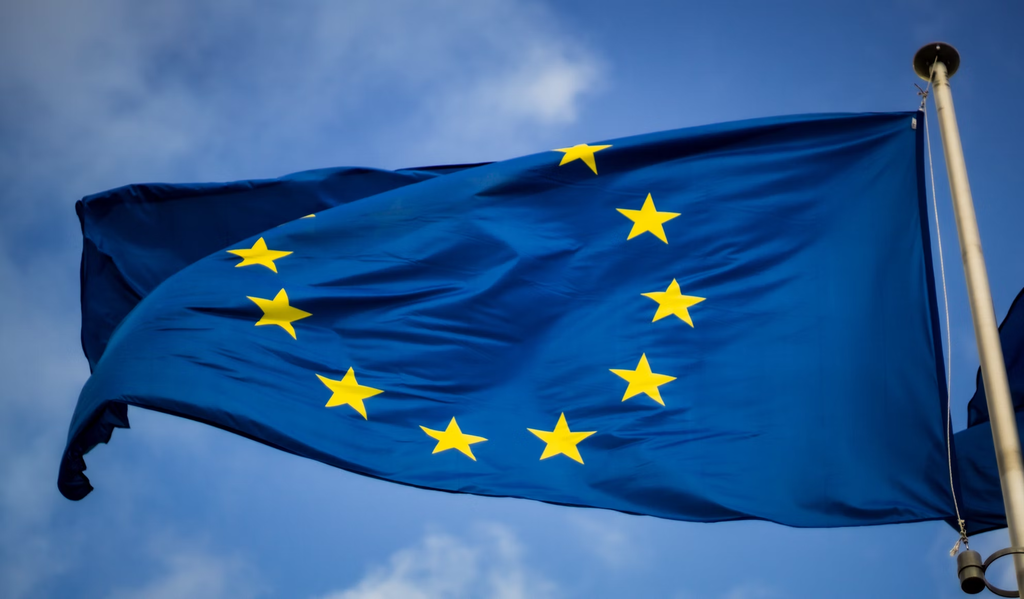Irish Government must back consent-based definition of rape in new EU directive
03 January 2024

Dublin Rape Crisis Centre (DRCC) has said it will write to Minister for Justice Helen McEntee TD to ask that the Irish Government campaign for the inclusion of rape in the European Union’s forthcoming Directive on Combatting Violence Against Women and Domestic Violence.
DRCC was responding to concerns raised by MEP Frances Fitzgerald in media reports today (Wednesday, 3 January) that some countries in Europe, including Ireland, have not yet agreed on a definition of rape to be included in the Directive.
CEO of DRCC, Rachel Morrogh, said Ireland must take a leadership role on how rape is defined in the Directive and that a consent-based definition would have a direct and positive impact on the ability of victims and survivors to access justice across Europe.
“Ireland has relatively progressive laws on sexual violence and our leaders must continue to use their influence in Europe to convince other member states that a consent-based definition of rape will benefit their citizens too. We believe that legal opinions have been used as a rationale to suggest removing important wording related to rape, but we strongly urge Member States to show courage and conviction in the face of any objections to progress on tackling sexual violence.
“As a structure that prizes equality and security for all, the EU must find a solution that does not dilute the definition of rape as a serious crime based on lack of consent. Ireland has a key role in advocating for and achieving this goal, and DRCC will support our politicians and officials in whatever way we can to accomplish it.
“We will be failing the huge number of people in Europe harmed by sexual violence, especially women and children as those most vulnerable and most impacted, if we do not include a definition of rape in this ground-breaking directive.
“DRCC would also like to acknowledge the key role played by Frances Fitzgerald MEP as a lead negotiator of the wording put forward by the European Parliament. We thank her sincerely for all her work in this regard,” commented Ms Morrogh.
Confidential freephone 24-hour National Rape Crisis Helpline 1800 778888
/ENDS
Notes for editors:
- Dublin Rape Crisis Centre is a non-governmental, voluntary organisation which has as its mission to prevent the harm and heal the trauma of rape. It offers a suite of services to victims/survivors of sexual violence. It also offers a wide range of training and education to professionals and volunteers.
- We-Consent is a new long-term national programme to inform, educate and engage with all members of our society about consent. More information and resources on having consent conversations at https://www.we-consent.ie/
- Other DRCC services and work:
- DRCC operates the National 24-hour Helpline 1800 778888 to support anyone affected by sexual violence in any part of the country. A webchat support service is available online at drcc.ie Mon-Fri, 10am-5pm. A Helpline Interpreting Service is available for those who do not speak English - more at https://bit.ly/DRCClang
- For those contacting the Helpline who are deaf or hard of hearing, we provide a text service, operating Mon-Fri from 8am to 6:30pm, at 086-8238443 and we also have a webchat service available Monday-Friday, 10am to 5pm, except holidays.
- Information on your options after sexual violence is available for free online at any time at drcc.ie/fyw in the Finding Your Way after Sexual Violence guide.
- DRCC offers counselling & therapy to adult survivors of sexual violence and to older adolescents from 16 years of age with parental/guardian consent.
- We provide accompaniment support for the Rotunda Sexual Assault Treatment Unit, to court or to Garda stations to people in Dublin and in surrounding areas, by arrangement.
- We have outreach offices at Coolock, Dóchas Women’s Centre, Balbriggan & Tallaght. Access to these services must be arranged via the National Helpline 1800 778888 during working hours, Mon-Fri.
- We ask that when reporting on this topic, journalists should remember that discussions on sexual violence can trigger personal trauma in those receiving the information. Where possible, please make reference to the National 24-hour Helpline 1800 77 88 88 for anyone who may be affected by the discussion.